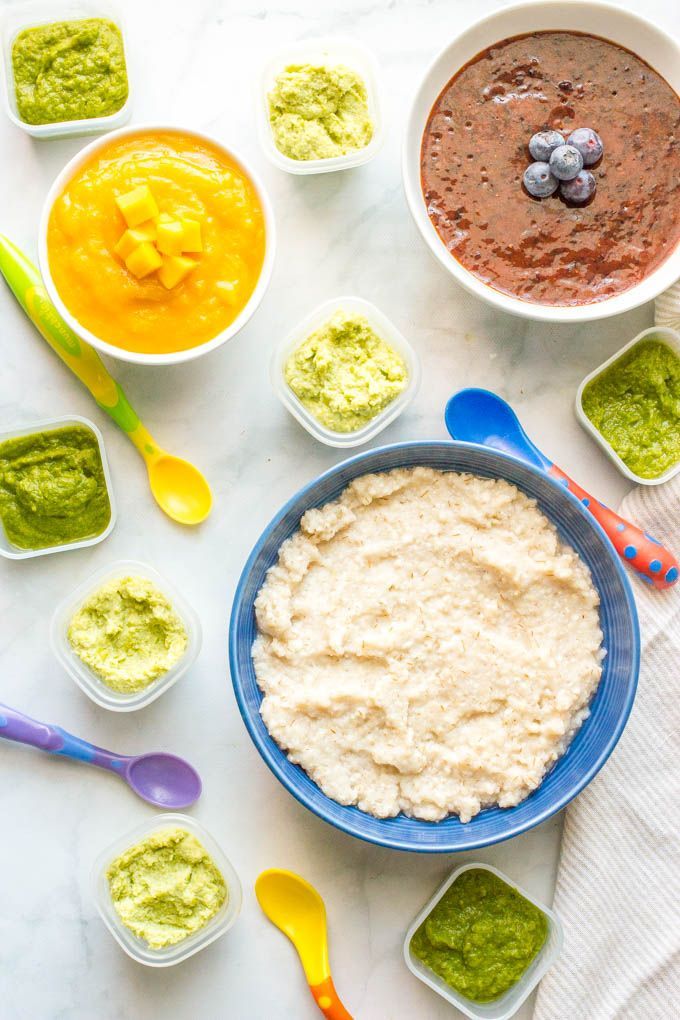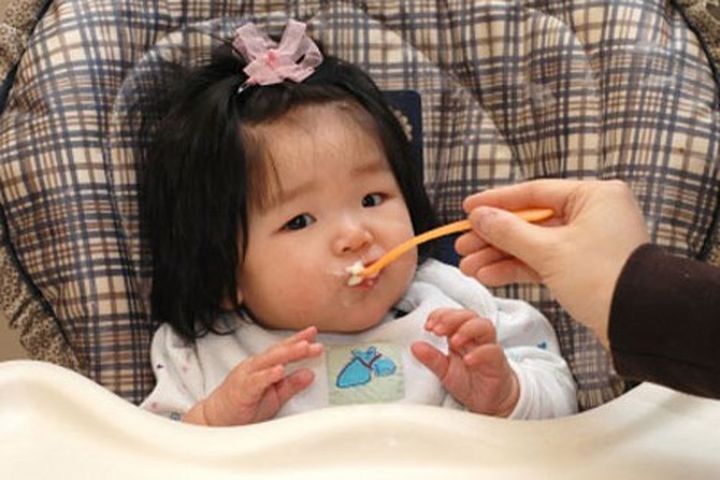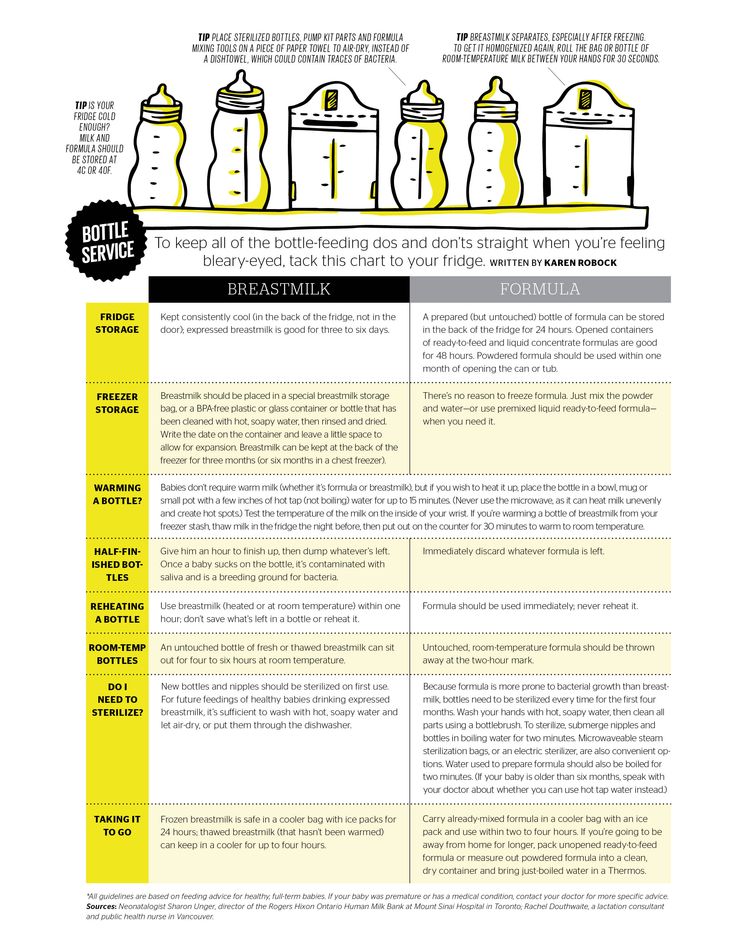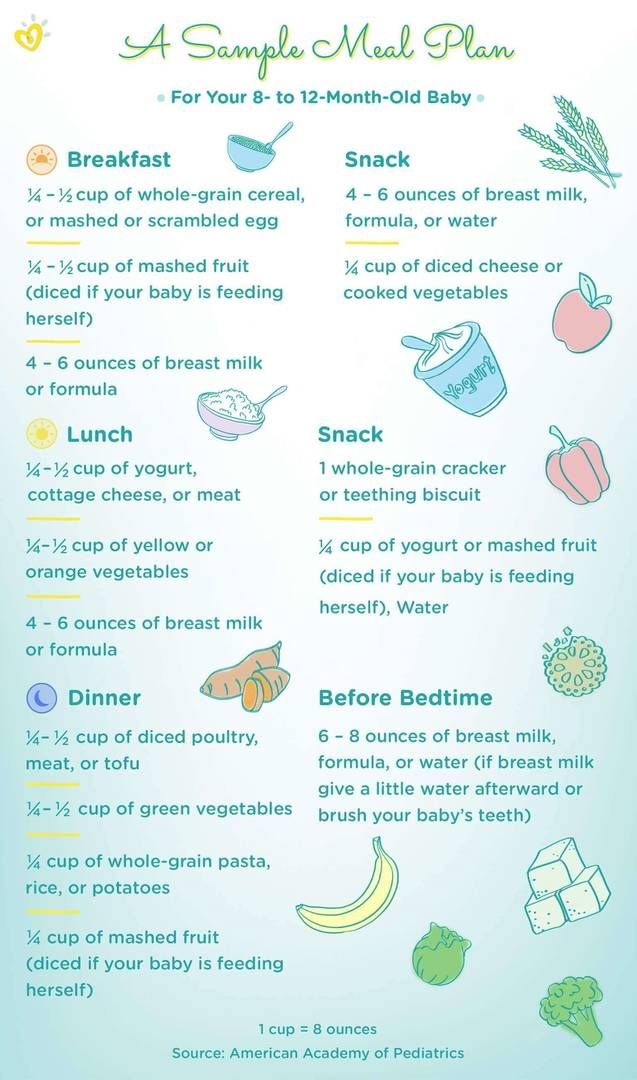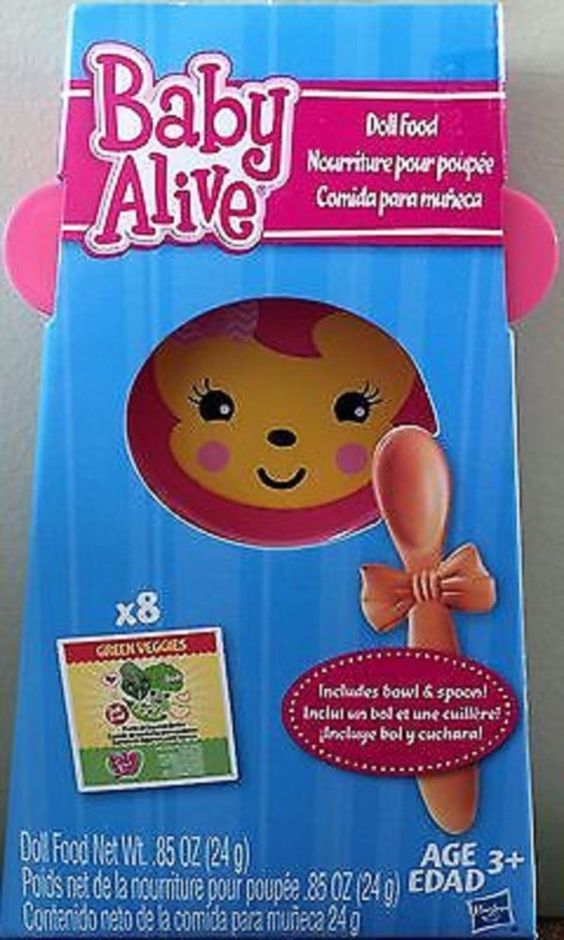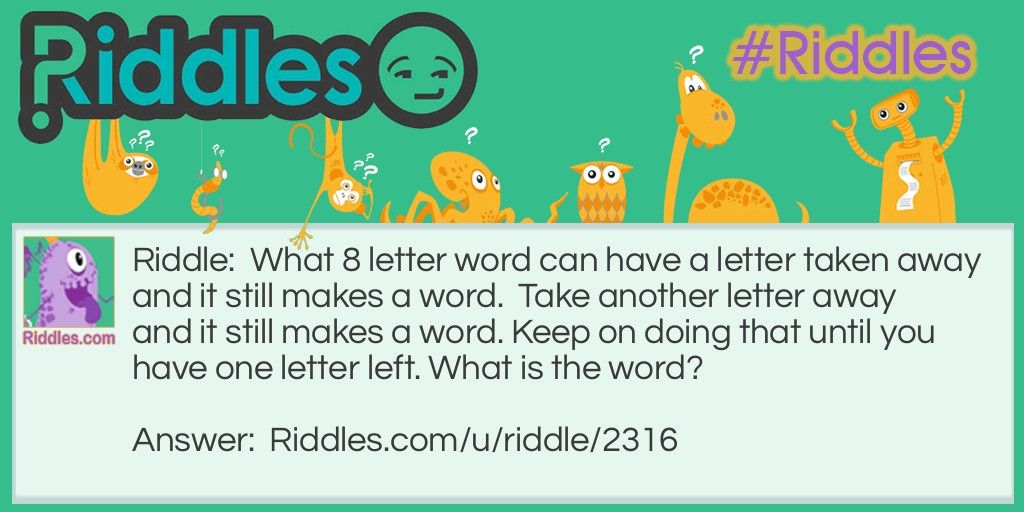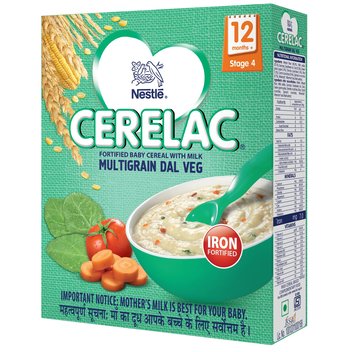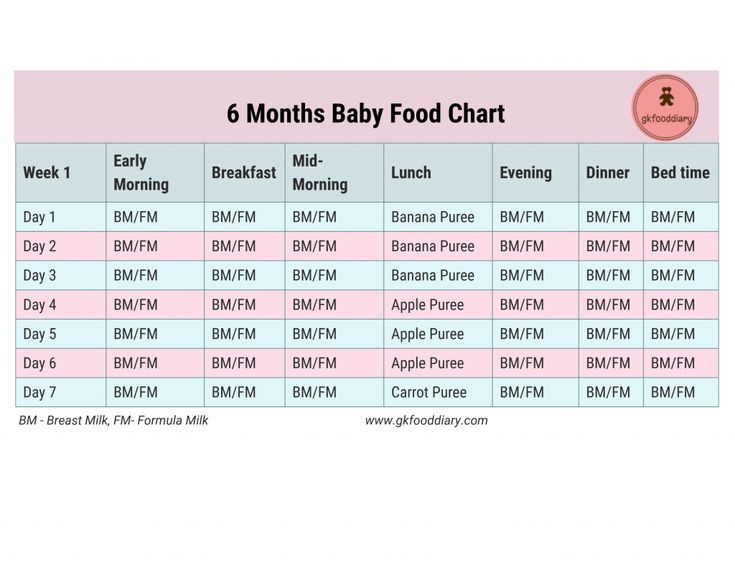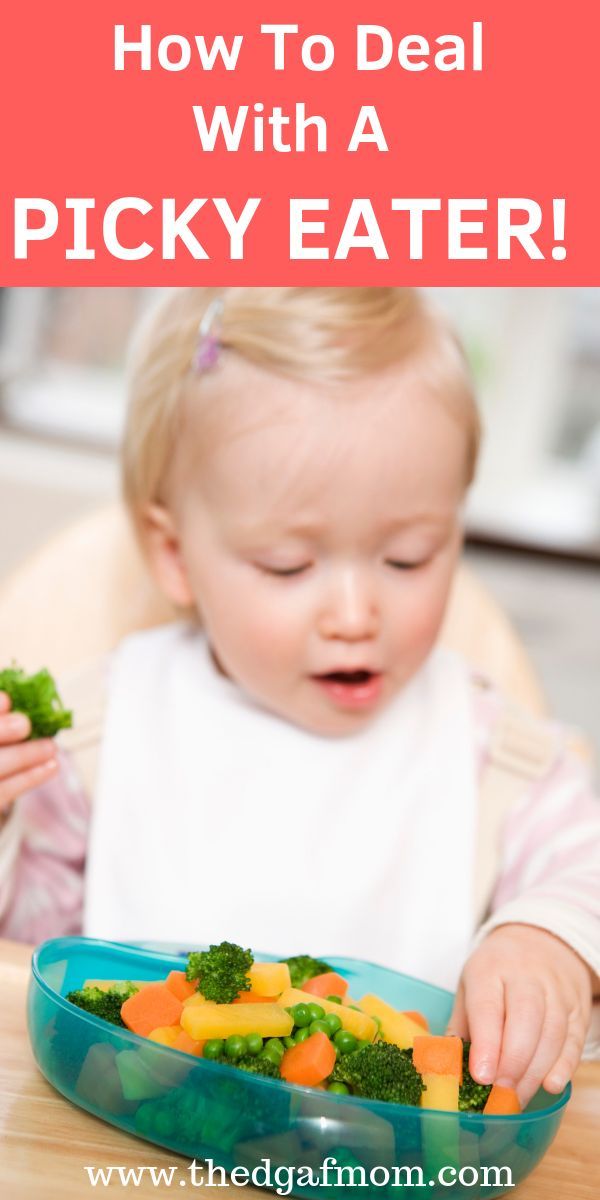My baby is not digesting her food
Are Chunks of Food in Baby Poop Normal? (Bananas, Carrots, and More)
A baby’s poop can tell you a lot about their development and overall health but if you happen to notice some chunks of food in your baby’s poop, is there a problem?
It is completely normal to find chunks of food in your baby’s poop if she is less than one year old because her digestive system has not fully matured and she likely does not chew her food into small enough pieces before swallowing. As your baby grows and becomes more comfortable eating solid foods her poop should return to normal consistency.
Keep reading to learn why some food might be more difficult for your baby to digest, and when to check in with a doctor if you’re worried about your little one’s digestive system.
Table of Contents
Is it normal to have chunks of food in baby poop?
Before having a baby, you probably steered well clear of poop. But now you know that a baby’s full diaper can actually tell you a lot about your little one’s overall health.
It’s pretty normal for your baby’s poop to contain small chunks of food. Especially if your baby has just started on solids or finger-foods, it can take a while for their digestive system to adjust. Pay attention to the factors we list below and if you continue to notice undigested food, a pediatrician can screen your baby for potential digestive issues.
Even though it might be startling to open your baby’s diaper and see chunks of food, rest assured that it’s a pretty normal experience!
As your baby hits the 6-month mark and starts eating solid foods, it’s important to remember that he or she is still learning how to eat. Eating is a complicated bodily process, and a baby’s digestive system has a lot to learn over the first year or so of their life. Even if your kiddo’s digestive tract is completely matured, they’re probably still missing out on some crucial, food-eating hardware: teeth.
Don’t forget that there are many variables when it comes to your baby’s digestion of solid foods.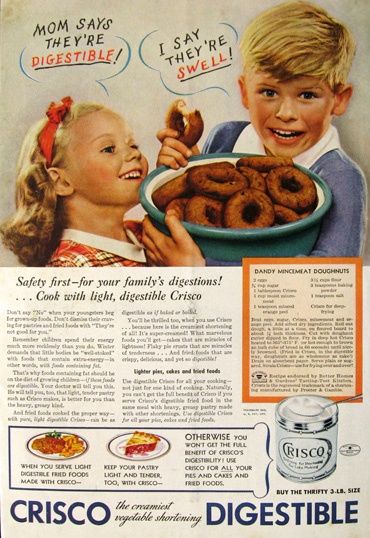 Here are the most important factors:
Here are the most important factors:
- Baby’s age and teething
- Type of food
- Preparation of food
- Breastfed vs formula-fed
Babies don’t usually have many teeth when they start on solids.
Teeth are an important part of the digestive process for babies because they break the food down into particles small enough to be digested easily. Without this initial step, it’s more likely that chunks of food will pass through your little one’s digestive system and end up in their diaper. As your child’s teeth continue to come in and they become more efficient and practiced at chewing their food, you’ll probably notice fewer chunks of food in their poop.
What are the chunks in baby poop?
If you do notice strange chunks in your baby’s poop, it’s most likely undigested food particles. Some foods are especially high in fiber, which makes it hard for the body to digest.
Common baby foods that are high in fiber can include:
- Corn
- Beans
- Grains (especially whole grains)
- Seeds (sunflower, sesame, etc.
 )
) - Peas
- Vegetable or fruit skins (tomatoes, grapes, etc.)
Fiber is an important part of a healthy diet, so even if you notice some chunks in your baby’s food, you’ll want to continue to feed them high-fiber foods. As your little one’s digestive system continues to mature, you should notice fewer chunky poops.
Is undigested food in baby poop normal?
It’s pretty normal to see undigested food in your baby’s poop.
Babies don’t have a full set of teeth when they first begin eating solids. Chewing food into smaller pieces makes it easier for the digestive enzymes to break down the remaining food particles. As your baby’s teeth come in and they learn to chew more thoroughly, more of their food will be completely digested.
Another important factor to consider is how often your baby poops.
The more time food has to sit in the digestive tract, the more digestive enzymes are able to break down the food particles. Babies poop seemingly all the time, which means that food doesn’t sit in their colon for very long. Because of the quick turnaround time, you’re more likely to see chunks of food in a baby’s poop.
Adults have a much longer turnaround time between bowel movements, so our stools are more likely to be completely digested.
Undigested milk in baby poop
Before your baby starts on solids, you might already be seeing undigested food in their diapers, especially if your baby is breastfed.
Breastfed babies generally have mustard-yellow poops that are often described as “seedy.” This “seedy” texture is actually caused by little bits of undigested milk fat, which is completely normal. If you’re seeing big white chunks in your baby’s poop, though, it’s probably not milk.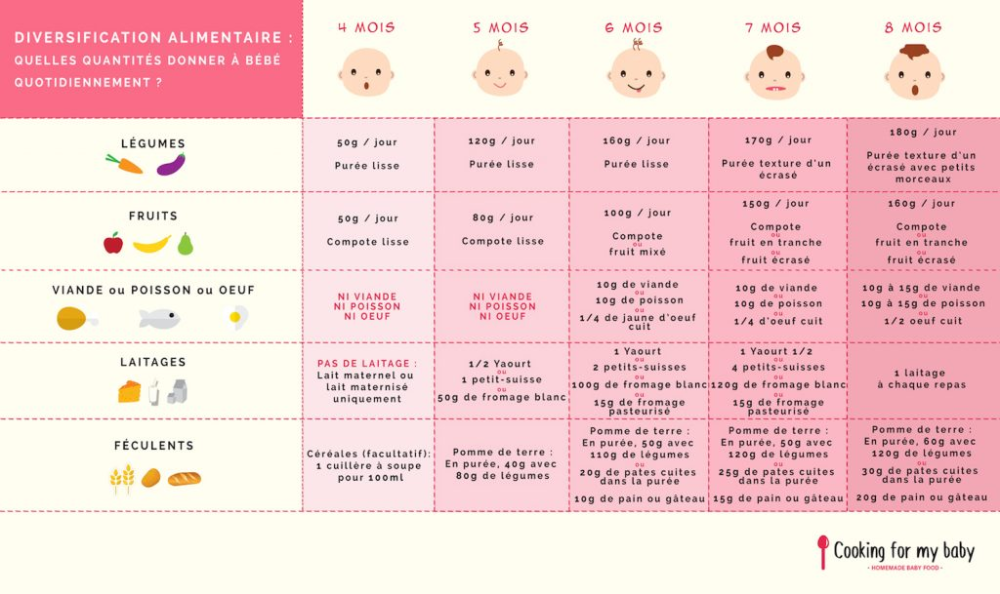
The whiteish color can actually be caused by a potentially dangerous liver problem, so if it continues for several consecutive bowel movements, you’ll want to check in with your child’s pediatrician ASAP!
Undigested formula in baby poop
If your baby is formula-fed, their poop color and texture can vary widely without any cause for concern. Sometimes, formula-fed diapers can even end up looking just as “seedy” as those produced by breastmilk.
If you’re seeing small bits of undigested formula in your baby’s diaper, it’s not a problem. It just means that your baby isn’t completely digesting all the formula they’re fed, and the extra is coming out the other side.
Of course, if your baby isn’t gaining the right amount of weight or seems lethargic, check in with a pediatrician.
Undigested corn in baby poop
Corn is one of the most common culprits for undigested food found in poop.
Even adult bodies can have a difficult time digesting corn completely! Corn has an outer shell made of cellulose, which your body can’t actually digest.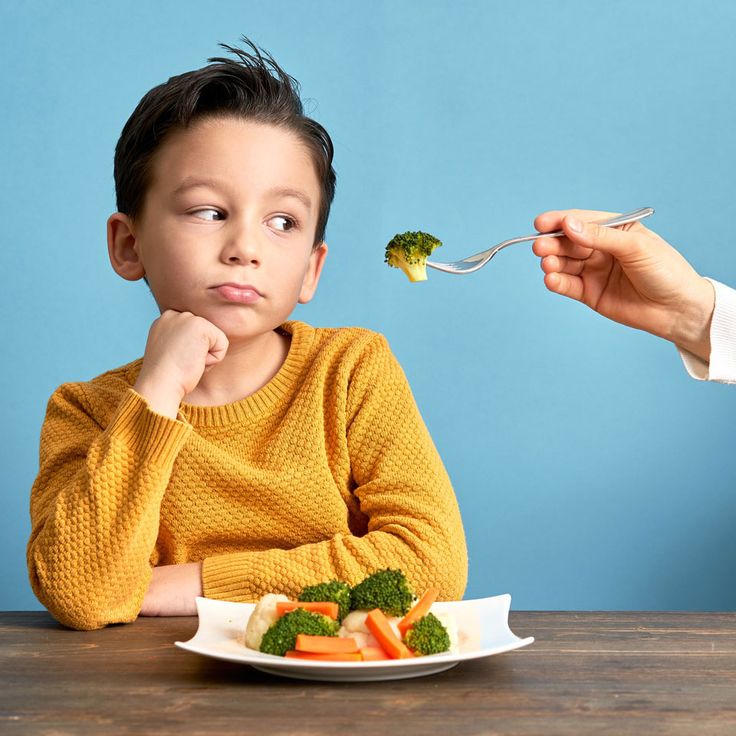 The human body relies on specific enzymes to metabolize the chemical compounds present in food, and without the right enzymes, there are some chemicals that your body simply can’t process.
The human body relies on specific enzymes to metabolize the chemical compounds present in food, and without the right enzymes, there are some chemicals that your body simply can’t process.
Even though you and your baby will never be able to digest the cellulose in the outer shell of corn kernels, that doesn’t mean that corn is a bad thing to eat. Your body can digest the food components inside the corn kernel, and those components include vitamins and minerals that help fuel your body. If you see what look like whole kernels of corn in your baby’s diaper, it’s probably just the outer shell of the corn that’s impossible to digest.
Your baby still got plenty of nutritional content from the inside of the corn, and the cellulose passed straight through their digestive system and out the other end.
Undigested banana in baby poop
Even though bananas are easy to digest, you might still find chunks of banana in your little one’s diaper.
The most likely culprit for big chunks is that stubborn lack of teeth that makes it extra tricky for your baby to get foods down to a manageable size. Bananas are dense and chock-full of good stuff, which means that even a small piece takes some time to digest completely.
Bananas are dense and chock-full of good stuff, which means that even a small piece takes some time to digest completely.
Bananas can also cause small black ‘threads’ to show up in your baby’s poop. These threads are just the center of the banana, and are trickier for the body to process.
Undigested raisins in baby poop
Raisins contain a lot of fiber, which means they’re hard for the body to digest.
It’s not unusual for entire raisins to make their way through a baby’s digestive tract and end up completely unscathed in their diaper. Luckily, as your little one’s digestive system matures and slows down a bit, the diaper full of raisins should disappear.
Undigested grapes in baby poop
If you notice bits of undigested grapes in your baby’s diaper, it’s probably the grape skins.
Grape skins are extremely fibrous, which makes them particularly difficult for the body to digest. Also, breaking up grape skins without a full set of teeth is pretty much impossible. Doctors recommend waiting until your baby is around 10 months old before giving them grapes.
Doctors recommend waiting until your baby is around 10 months old before giving them grapes.
When you do start, make sure you thinly slice and lightly mash the grapes before giving them to your child. Whole, or even halved grapes, can be a major choking hazard.
Undigested blueberries in baby poop
Blueberries are very similarly structured to grapes, which means you might end up seeing some blueberry skins in your little one’s diaper.
If your baby swallows a whole blueberry, they might even poop out the entire blueberry, because their digestive system couldn’t get through the blueberry skin in order to digest the center parts. Because whole blueberries can be a choking hazard, cut them into small slices before giving them to your baby.
Slicing the berries will also make them easier to digest!
When to worry about food chunks in baby poop
Even though it can be startling to see chunks of food in your baby’s poop, it’s a pretty normal occurrence. There are, however, some warning signs associated with chunky poops that would warrant a visit with the pediatrician. Call them right away if:
There are, however, some warning signs associated with chunky poops that would warrant a visit with the pediatrician. Call them right away if:
- Diarrhea – Your child has diarrhea, you’ll likely see chunks of food in their diaper. Diarrhea is most often caused by a stomach bug, but if it doesn’t resolve within 24 hours, contact a doctor.
- Persistency – There are chunks of food in every single one of your baby’s diapers, it might be a sign of a bigger digestive problem.
- Weight Loss – Your little one is losing weight, or not gaining as much as they should, it might mean they aren’t getting the nutrients they need because of a digestive problem.
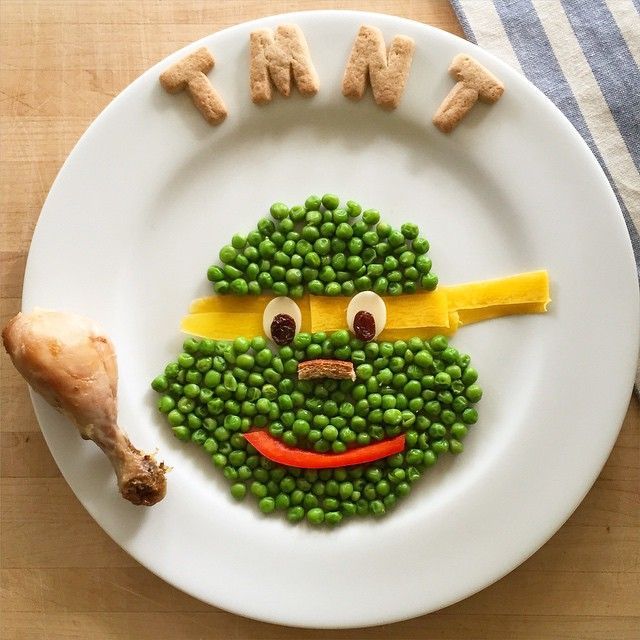
- Blood – There is blood in your child’s poop or their poop looks black, seek medical attention.
Any of the symptoms mentioned above should be discussed at your child’s next doctor’s appointment. If your baby seems lethargic, has bloody poop, or has diarrhea for more than 24 hours, seek medical attention immediately.
6 Common Digestive Problems In Babies
A developing digestive system may cause the issue; try burps and tummy massages for relief.
Research-backed
MomJunction believes in providing reliable, research-backed information to you. As per our strong editorial policy requirements, we base our health articles on references (citations) taken from authority sites, international journals, and research studies. However, if you find any incongruencies, feel free to write to us.
Image: shutterstock
Digestive problems in babies are common.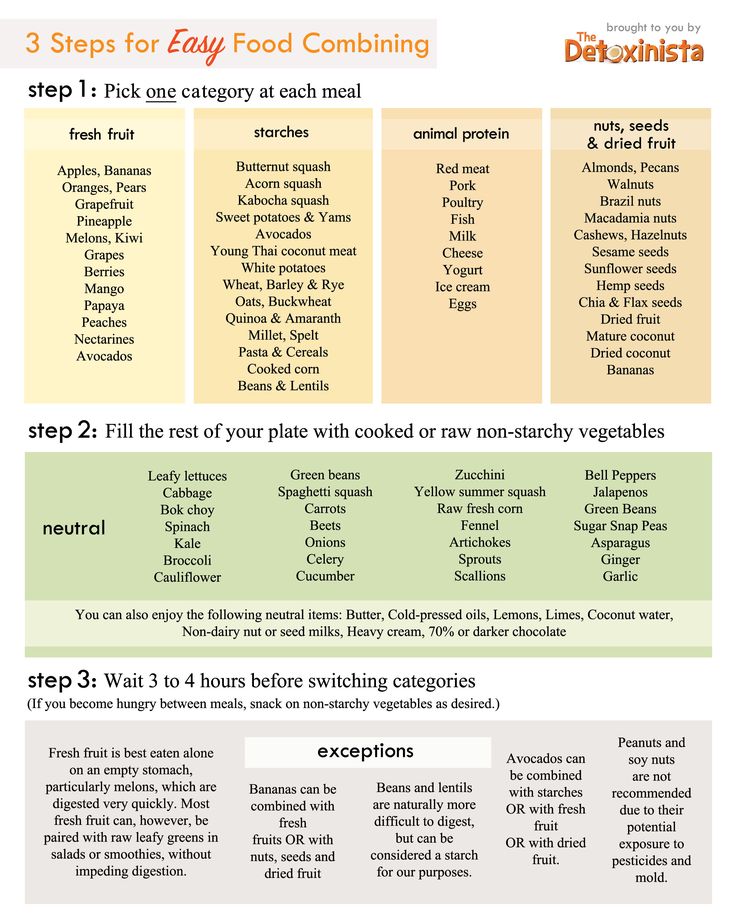 But these issues are tough to identify since babies may show a number of symptoms ranging from spitting food, lack of appetite, vomiting, diarrhea, or constipation. Most babies look restless and fussy during digestive issues. It is recommended to seek pediatric care for babies behaving unusually or crying since it can be painful. The digestive system gradually matures over time. So exposure to certain factors can cause concerns. Read on to know more about the causes, symptoms, and treatments of digestive problems in infants.
But these issues are tough to identify since babies may show a number of symptoms ranging from spitting food, lack of appetite, vomiting, diarrhea, or constipation. Most babies look restless and fussy during digestive issues. It is recommended to seek pediatric care for babies behaving unusually or crying since it can be painful. The digestive system gradually matures over time. So exposure to certain factors can cause concerns. Read on to know more about the causes, symptoms, and treatments of digestive problems in infants.
Common Digestive Problems In Babies
1. Reflux
Gastroesophageal reflux (GER) refers to the involuntary passage of gastric contents into the esophagus (food pipe). Infants are more prone to reflux, and it gets better as they grow in age. Various factors, including a milk-based diet and immature gastroesophageal junction, are responsible for higher rates of GER in babies (1).
When to see the doctor?
Reflux usually gets better as the baby grows, but do not hesitate to see your pediatrician if you see the following symptoms (2).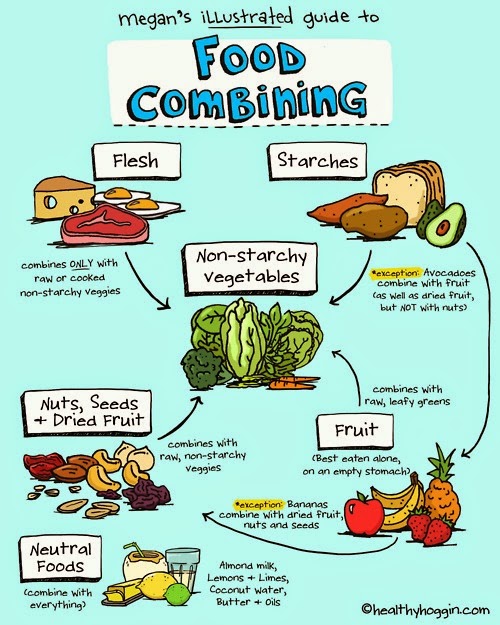
- Vomiting especially if green or reddish in color
- Reduced appetite or refusing feed
- Weight loss or lack of weight gain
- Rattling sound in the baby’s chest and back
- Breathing difficulty during feeding
- Choking spells
What you can do
The following changes can help manage the reflux better (2).
- Hold the baby upright in your arms for 30 minutes after every feed. If comfortable, the baby can be held upright during feeding too.
- Feed smaller amounts and feed often.
- Burp your baby after every feed.
- Don’t tie the baby’s diaper too tight.
Related: Loss Of Appetite In Babies: Symptoms, Causes, And Tips To Improve
2. Vomiting
Image: Shutterstock
Vomiting is defined as the forceful expulsion of gastric contents through the mouth and/or nose (3). Infants spit up small amounts during feeding, after feeding, or while burping. The amount expelled is typically less than 5-10ml. Rapid feeding, overfeeding, and swallowing of air are some of the causes of vomiting in babies. Repeated vomiting might indicate a gastrointestinal disorder. Contact your baby’s pediatrician to diagnose the cause (4).
The amount expelled is typically less than 5-10ml. Rapid feeding, overfeeding, and swallowing of air are some of the causes of vomiting in babies. Repeated vomiting might indicate a gastrointestinal disorder. Contact your baby’s pediatrician to diagnose the cause (4).
When to see the doctor?
Vomiting can cause dehydration in babies (5). You should see a doctor immediately in the following circumstances.
- Vomiting very often
- Vomiting green bile
- Vomiting blood
- Vomiting is followed by severe lethargy or inactivity
- The baby displays signs of severe distress and crankiness after vomiting
- Convulsions accompany or occur after or before vomiting
What you can do
Taking the following precautions might help a baby recover from vomiting. However, it should be done after discussing it with the pediatrician.
- Hold the baby upright after feeding.
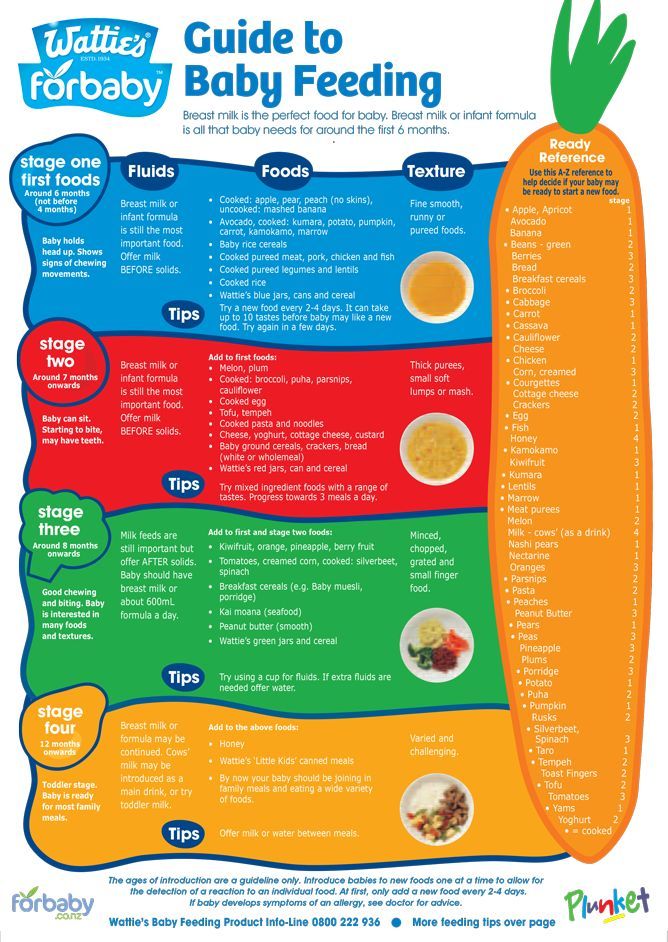
- Give enough breast milk or formula to prevent dehydration.
- Keep the baby cool and comfortable so that excess fluids are not lost due to sweating.
Related: 5 Signs Of Overfeeding A Baby, Causes And Steps To Prevent It
3. Diarrhea
Image: Shutterstock
Normal baby stools are loose and pasty. Newborns have frequent stools, often after every feed (6). Diarrhea is the passage of loose or watery stools occurring three or more times in 24 hours (7). Diarrhea can deplete the essential salt and water content in the body (8).
When to see the doctor?
Diarrhea causes dehydration in babies. Seek medical attention if you notice any signs of dehydration such as dry mouth, no tears, no urine, and fever (6) or if the stools have mucous or blood stains.
What you can do
Take the following measures when your baby develops diarrhea (6).
- Keep breastfeeding if you are still nursing the baby.
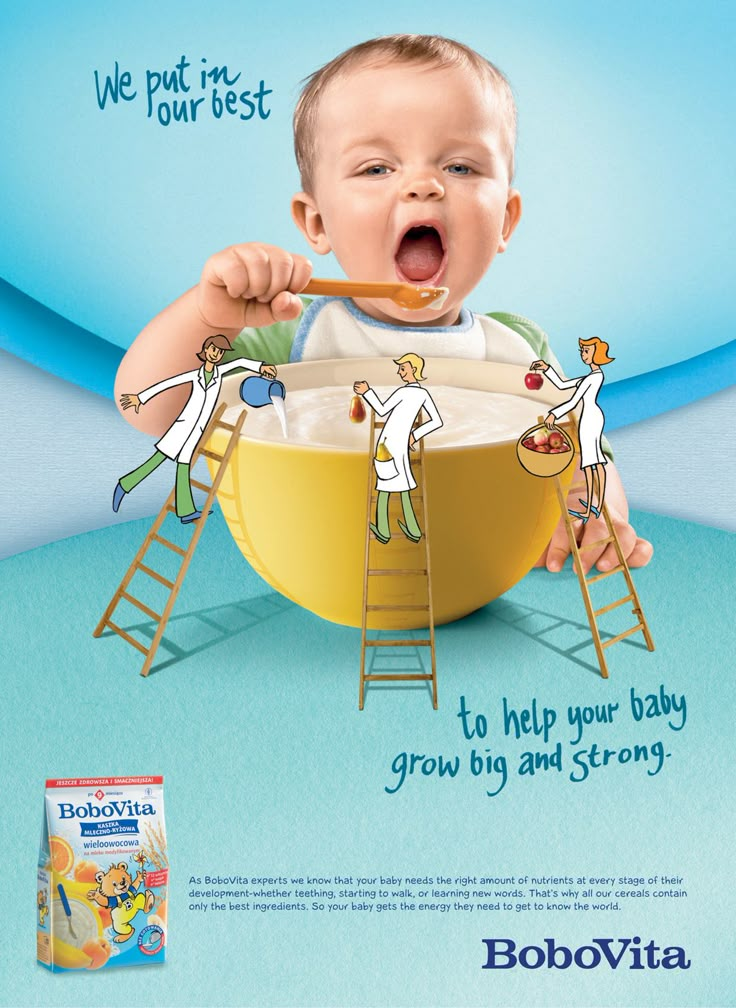
- Do not give any OTC diarrhea medicines to your baby.
- Ask your baby’s pediatrician if you can give electrolytes like Pedialyte or Infalyte to the baby. Do not use them without doctor’s consultation.
- If the baby is on solids, give bland and easy-to-digest foods like bananas, crackers, toast, and cereals. Do not give food that is difficult to digest like fried foods, apple juice, milk, concentrated food juices, and foods high in sugar and fat.
- Frequent stools can cause diaper rash. Change the baby’s diaper frequently, clean the baby’s bottom with water instead of wipes, give some diaper-free time, and apply a good diaper rash cream.
- Wash your hands well after cleaning the baby. Diarrhea causing germs can spread the infection quickly.
Related: How To Bring Down A Fever In Babies?
4. Constipation
Constipation occurs when babies have hard stools or problems in passing stools (9). Although constipation is common in babies, it could be uncomfortable for them. Babies are not considered to be constipated if they pass soft stools (9).
Babies are not considered to be constipated if they pass soft stools (9).
When to see the doctor?
See the doctor immediately in the following scenarios.
- The infant has not passed stools for more than three days in a row and is vomiting or irritable
- Constipation in an infant younger than the age of two months
- Blood in stools
- The baby is holding bowel movements due to pain while passing stools
What you can do
Constipation can be frequent during infancy. But observing a few precautions can help the baby have a healthy bowel movement (9).
- If the baby is exclusively breastfed, then keep breastfeeding at regular intervals.
- If you have started giving pureed foods or juices, then give the baby extra juice or water in between the feeds to increase the water in the intestines.
- For babies over six months of age, try two to four ounces (59 to 118ml) of juices made from fresh fruits like grapes, pears, apples, cherries, or prunes.
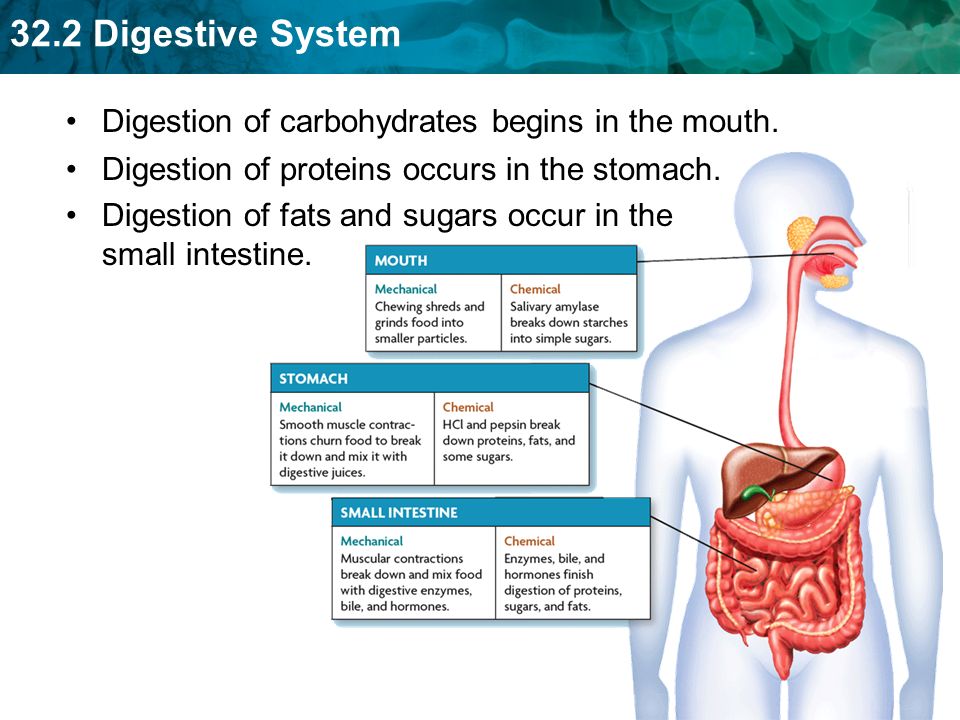 Feed the juice in small sips throughout the day.
Feed the juice in small sips throughout the day.
- If the baby is on a solid diet, then feed high-fiber foods like peas, apricots, pears, spinach, bean, prune, peach, and plums, twice a day. Keep the infant hydrated as well.
- Do not give any medicines or enema without speaking to the doctor.
Related: 10 Best Foods To Relieve Baby Constipation And Recipes To Try
5. Colic
Image: Shutterstock
Infantile colic is a benign problem in which an infant has outbursts of inconsolable crying for more than three hours per day, more than three days per week, for longer than three weeks (10). Colic usually begins at about the same time every day. The symptoms of colic may get worse in the evenings. The exact cause of colic is unknown, but it is commonly associated with digestive system problems. Gastrointestinal pain due to overfeeding, gas, and constipation are some of the few reasons. Babies with colic often stop crying after passing stool or gas (11).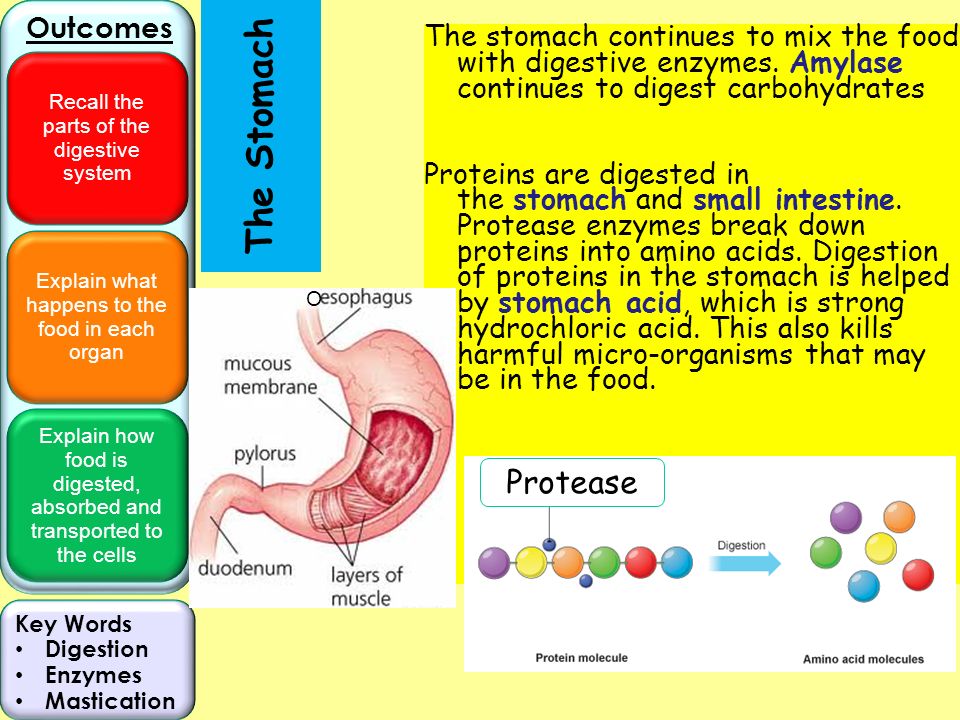
When to see the doctor?
You should see a doctor if you are unable to manage colic or if the crying becomes severe. The doctor will ask a detailed medical history of the baby and do a thorough physical examination. You should see the doctor immediately if the baby starts crying in a different pitch or tone or if the crying is accompanied by other symptoms such as fever, vomiting, diarrhea, bloody stools, and poor appetite (11).
What you can do
The following steps might help you manage the symptoms of colic (11).
- If the baby is exclusively breastfed, then the mother could avoid eating foods that are often associated with colic in babies. A few examples are caffeine, chocolate, dairy products, and nuts.
- Nursing mothers should avoid taking medicines without doctor’s consultation since medicines may also trigger colic.
- If the baby seems to be colicky after consuming a specific formula, then speak to the doctor and switch to another brand.

- Avoid overfeeding and feeding the baby too fast.
- If the baby is crying inconsolably, then try to comfort the baby through swaddling, rocking, music, and distraction (11).
6. Gas
Gas is produced by bacteria in the intestines and can also be swallowed while eating or drinking (12). Babies swallow more air when they cry, and the excess gas gets trapped in the stomach, thus causing pain. Babies who crawl and cruise (walk slowly) might be able to release the gas easily.
When to see the doctor?
Gas usually resolves on its own. But if the baby seems uncomfortable and distressed, then you may see the doctor. The doctor might suggest some measures to help the baby feel better.
What you can do
The following measures might help the baby pass gas easily.
- Give gentle tummy massage to the baby.
- Let the baby have tummy time when awake.
- Bicycle the baby’s legs while the infant lies on their back.

- If the baby is bottle-fed, see to it that the baby does not suck excess air.
Related: 3 Safe Ways To Give A Baby Massage For Gas Pain
Tips To Improve The Baby’s Digestion
The following tips might help alleviate the baby’s digestive system issues while also improving the baby’s overall digestion.
- Breastfeed the baby until they are six months old.
- Burp the baby after every feed.
Image: Shutterstock
- Give some tummy time every day when the baby is awake.
- If you are lactating, avoid smoking, alcohol, and recreational drugs, which may increase the chance of causing colic in babies.
- Give a gentle tummy massage to the baby. Lukewarm compresses with a towel or hot water bag might also help in digesting food.
Image: Shutterstock
- When the baby starts solids, start with only one type of food at a time. Introduce other varieties after a few days once the baby is well-settled to the existing ones.
 It will help determine any food allergies and give the baby’s tummy enough time to grow accustomed to the new food.
It will help determine any food allergies and give the baby’s tummy enough time to grow accustomed to the new food.
- Give a balanced diet to the baby when he/she starts eating solids. Fruits, vegetable broths, purees, and soups are good food options. A balanced diet can help prevent conditions such as constipation.
- Avoid giving junk food and fried food to babies.
1. When does a baby’s digestive system mature?
Digestive systems of most babies are matured enough to consume solids by the time they are six months old (13)
2.Which enzyme is responsible for the digestion of milk in infants?
Various enzymes in breast milk help in digestion. The important enzymes are (14):
- Plasmin
- Trypsin
- Elastase
- Cathepsin D
- Pepsin
- Chymotrypsin
- Glutamyl endopeptidase-like enzyme
- Proline endopeptidase
Baby digestive issues include a lack of appetite, reflux, colic, vomiting, diarrhea, and constipation. Tummy massage, burping, or sleeping on the tummy can help with some digestive issues. If the problem persists, you should seek medical help. Timely management of underlying conditions helps avoid nutrient deficiencies leading to growth and development problems. Exclusively breastfeeding for six months and introducing solids gradually after six months help prevent any digestive issues. Most digestive issues gradually disappear as the digestive system matures.
Tummy massage, burping, or sleeping on the tummy can help with some digestive issues. If the problem persists, you should seek medical help. Timely management of underlying conditions helps avoid nutrient deficiencies leading to growth and development problems. Exclusively breastfeeding for six months and introducing solids gradually after six months help prevent any digestive issues. Most digestive issues gradually disappear as the digestive system matures.
References:
MomJunction's articles are written after analyzing the research works of expert authors and institutions. Our references consist of resources established by authorities in their respective fields. You can learn more about the authenticity of the information we present in our editorial policy.
1. Anna Rybak et al., Gastro-Esophageal Reflux in Children; U.S.National Library of Medicine
2. Gastrointestinal Problems; Stanford CHildren’s Health
3. Matthew Shields and Jenifer R.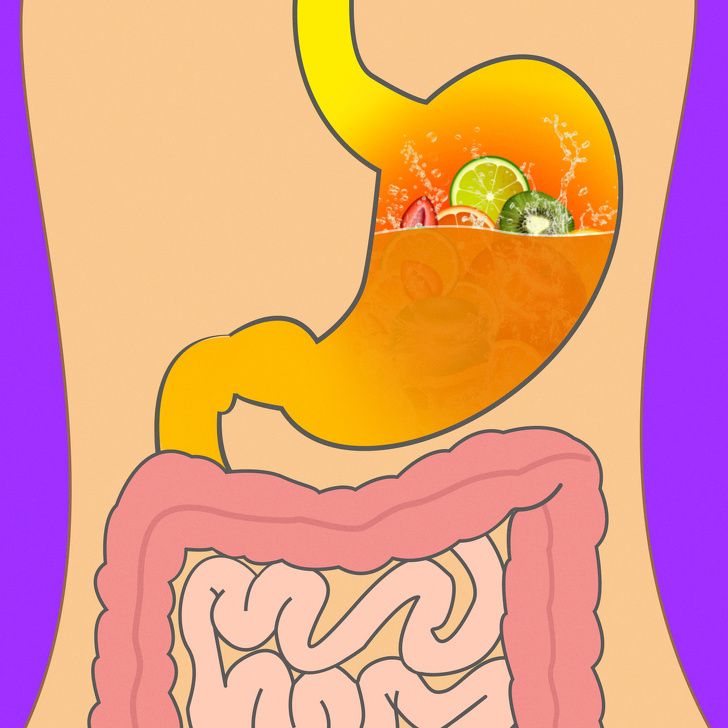 Lightdale, Vomiting in Children; Pediatrics in Review, AN OFFICIAL JOURNAL OF THE AMERICAN ACADEMY OF PEDIATRICS
Lightdale, Vomiting in Children; Pediatrics in Review, AN OFFICIAL JOURNAL OF THE AMERICAN ACADEMY OF PEDIATRICS
4. Deborah M. Consolini, Nausea and Vomiting in Infants and Children; MSD Manual
5. William J. Cochran, Drinks To Prevent Dehydration In A Vomiting Child; AAP
6. Diarrhea in infants; U.S. National LIbrary of Medicine
7. What is Diarrhoea and How to Prevent it; Rehydrate Organization
8. Diarrhoeal disease; World Health Organization
9. Constipation in infants and children; U.S.National Library of Medicine
10. JEREMY D. JOHNSON, KATHERINE COCKER, ELISABETH CHANG, Infantile Colic: Recognition and Treatment; American Family Physician
11. Colic and crying – self-care; U.S.National Library of Medicine
12. Colic and Gas, Children’s Hospital of Philadelphia
13. Healthy Eating for 6 to 24 month old children (1) Getting Started; Family Health Service, Hong Kong
14. Khaldi N et al., Predicting the important enzymes in human breast milk digestion.; U.S.National Library of Medicine
Khaldi N et al., Predicting the important enzymes in human breast milk digestion.; U.S.National Library of Medicine
The following two tabs change content below.
- Reviewer
- Author
Dr. Ritika Shah is a certified lactation counsellor (CLC) from iNational Health Care Academy, Singapore and a dental surgeon with more than seven years of clinical experience across various cities in India. She did her graduation in Dentistry from KM Shah Dental College. During her clinical practice, pediatric dentistry was her particular area of interest, and she constantly thrived to...
View Profile ›
Dr. Shashidhar is a qualified pediatrician and neonatologist currently practicing at St John's Medical College and Tiny Tots Clinic in Koramangala, Bangalore. He is a part of an accomplished team taking care of preterm and sick newborns until discharge and follow up. He is a teacher at various levels from undergraduate to post-doctoral medical students.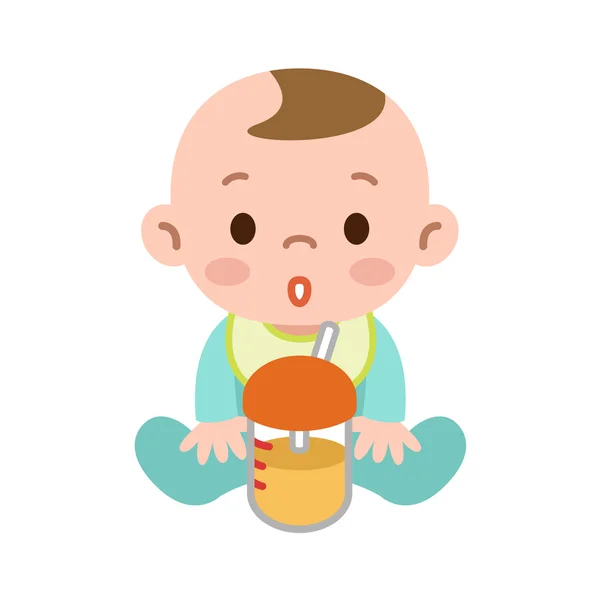 Keenly interested in different aspects...
Keenly interested in different aspects...
View Profile ›
Overeating in children, digestive problems in a child: symptoms and treatment
Why does heaviness occur after eating?
Eating from birth occupies an important place in the life of every person. First we are fed, then we learn to eat ourselves. Not all periods go smoothly, because almost from birth, the digestive system can have problems. The baby always has a risk of getting an intestinal infection, as he pulls everything into his mouth, studying the world around him.
Another cause of problems with the tummy can be intolerance to lactose or other products that can be very difficult to determine, much less predict. All this can affect the digestion of the child.
A great influence on the digestion of a child is not only what he eats, but also how it happens. Sometimes, in order to persuade the baby to eat calmly, not to spin and not be distracted at the table, different settings are used: “When I eat, I am deaf and dumb”, “Do not indulge”. Eating turns into a status event, where everyone should behave decorously, quietly, nobly. But what about the child? He is looking for a way out of the situation. You can swallow the food you hate and return to the game. Or start playing for time, playing at the table, begging for sweets.
Stress, school grades, tests, exams, sections pile up on teenagers. Everything needs to be in time, but there is not enough time for a measured proper meal. In addition, in adolescence, and sometimes even with the start of school attendance, parents no longer have such precise control over everything that a child eats.
Most of the time the child eats outside the home. The quality of food in the school canteen may not be suitable for everyone, especially if there are restrictions. Advertising of fast food, snacks and carbonated drinks looms everywhere. Snacking on the run becomes habitual. What can we say about children, if adults can be dominated by the desire to get by with a sandwich between chores instead of a full meal. As a result, children may experience discomfort in the abdomen: discomfort, heaviness after eating, stool disorders, etc. What can help?
Surprisingly, the habit of chewing food well can be a useful tip. Few people know that digestion begins already in the mouth, and chewing is important not only for grinding food. The fact is that during chewing, food is processed by saliva, which contains enzymes - substances that help break down and further assimilate food.
Telling a child to eat slowly and chew everything thoroughly rarely works. First of all, the baby watches how the parents eat at the table. You can involve the child in cooking, and the meal itself will be the final stage of the whole game. So children can get to know the products better, touch them. It is better to touch a raw potato than to catch a boiled one from the soup with your hands. Children may be more willing to eat their own food. You need to learn how to chew food thoroughly and instill this skill in children.
Prohibitive measures often do not apply to teenagers. A simple ban on not eating candy bars and not drinking soda is unlikely to help. The child should have an affordable alternative: food taken from home, the opportunity to buy ready-made healthy products.
Intestine and brain
It is believed that our mood and psychological attitude can affect the digestive process. And what about emotions? If eating turns into stress, it can affect the process of digestion 1 . Many people know the lack of appetite in a stressful state, when the brain depresses digestion and distributes the body's resources for flight or attack in order to protect itself.
Sometimes overeating can be a way to relieve stress. Overeating can turn into the habit of eating everything to the last crumb, not from hunger, but to receive praise and permission to eat sweets.
A child under two years of age gains weight very quickly. From 2 to 5 years, his growth slows down, the need for food in proportion to his weight is no longer so great 1 . It is important for parents not to confuse these two concepts and to ensure that nutrition is optimal, and not excessive.
Even if the parents do not overfeed the child, this can happen on holidays, at a party, on vacation. The digestive system may not be ready for a sudden overload.
The opposite situation is the refusal of the child to eat. This may not be just a whim, but an attempt to avoid the unpleasant sensations that arise after eating certain products. Not all children can explain their feelings to their parents in detail and simply refuse what makes them uncomfortable. So "dislike" to certain products or dishes can be formed and persist for life. So there may be a lack of digestive enzymes for the digestion of any component of food, such as fats.
Main symptoms of indigestion in a child
4 :- heaviness in the abdomen;
- discomfort after eating;
- bloating, rumbling;
- flatulence;
- nausea;
- pain.
Prolonged disruption of the digestive processes can lead to diarrhea and even weight loss due to impaired nutrition 4 .
How and what to feed a child with "indigestion" of the stomach?
There are a number of recommendations that can help with digestive problems in children
3.4 :- Regular daily routine and food intake, when the body gets used to and produces enzymes to digest food in a timely manner.
- Fractional nutrition - eating in small portions up to 5 times a day in order to prevent overeating and comply with the regimen.
- Thorough chewing and measured eating.
- A balanced diet or following your doctor's recommendations, if available.
- Gradual introduction of new products.
- Sufficient amount of water.
Naturally, this is not always possible to achieve. But it is better to try to follow these rules in order to improve the digestion of the child.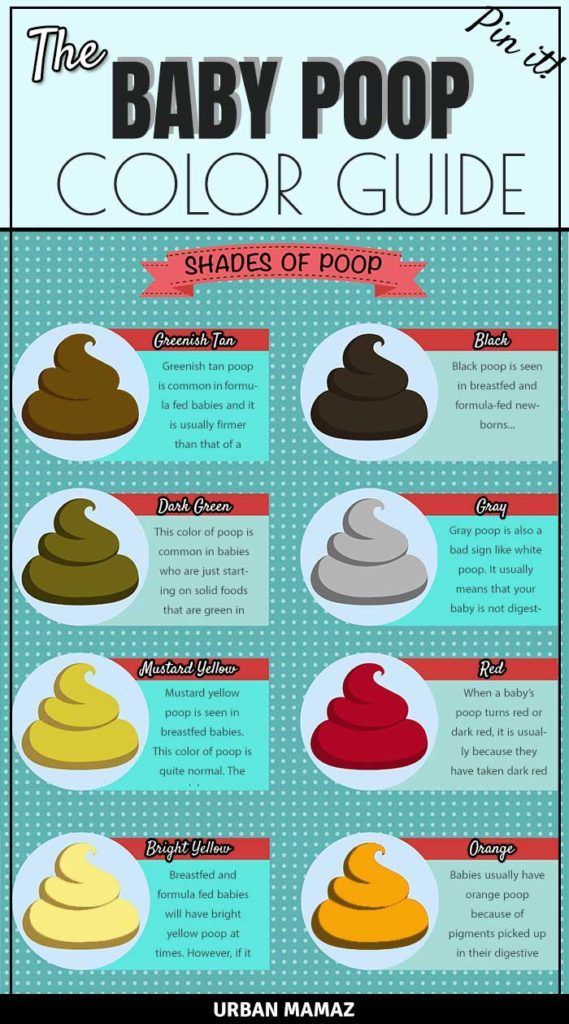
How to deal with indigestion in a child?
To compensate for the lack of digestive enzymes in children, enzyme preparations can be used. They help improve digestion0037 4 .
Learn more
Creon ® is a recognized enzyme preparation in Russia and worldwide. It supplements its own digestion and helps digest proteins, fats and carbohydrates 5 .
Feature of the drug Creon ® is its release form - a capsule, which contains hundreds of small particles inside. They are called minimicrospheres. These particles are especially suitable for taking by the youngest children, since the capsule can be opened and mini-microspheres can be added to food, puree or juice 2 . In children, the drug should be used in accordance with the doctor's prescription 2 .
Particle size and ease of use distinguishes Creon ® from the usual tablet forms.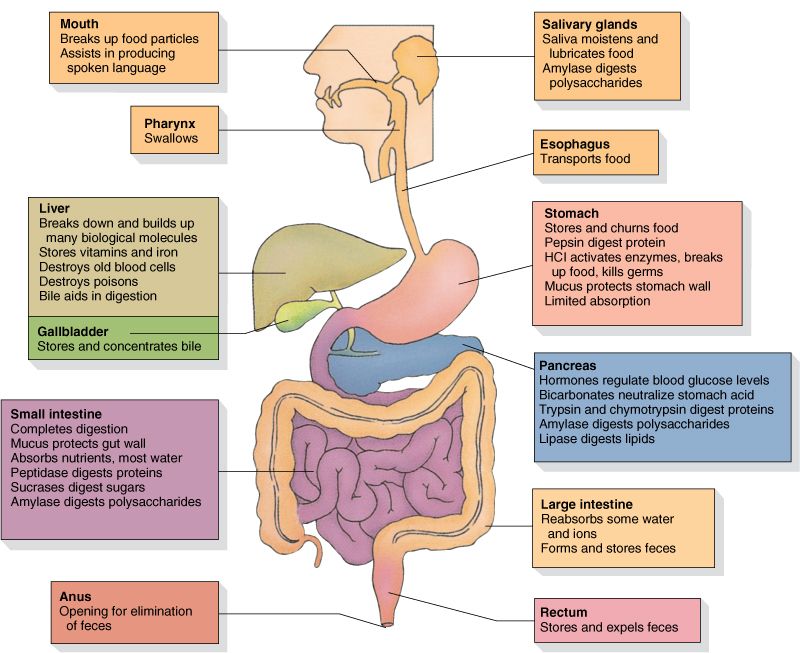 A newborn will not swallow a pill, older children can accidentally bite a pill with their teeth or refuse to swallow it, and not all adults are comfortable taking whole pills or capsules.
A newborn will not swallow a pill, older children can accidentally bite a pill with their teeth or refuse to swallow it, and not all adults are comfortable taking whole pills or capsules.
The life hack that a pill can be crushed or divided into parts is actually a delusion. If the integrity of the tablet is violated, its protective shell is destroyed, and the acidic environment of the stomach is detrimental to the unprotected enzyme. The opinion that in young children the environment of the stomach is not aggressive is also a delusion. Only in the first couple of weeks in an infant, the environment of the stomach is neutral, and by the age of four, the pH of the stomach in a child is very close to that of an adult 3 .
What worries any mother when choosing a drug? His safety. When taking Creon ® 10000, the body does not stop digesting food on its own, the drug is allowed for children from birth 2.4 .
You can learn more about Creon ® for children here.
📌 questions of gastroenterology and advice on treatment
BABY DOESN'T DIGEST FOOD!!!!!!!!
Complain
December 7, 2013 11:22 pm at Personal Journal
Yesterday I saw that my daughter had undigested soup, almost completely, potatoes, carrots, parsley !!! Why all of a sudden? Today is the same thing, before these, she scolded for a couple of days, behaves normally, sleeps too, is active, in general, as usual, what should I do? We are 10 years old, I'm afraid to get into an infectious disease! Maybe someone had what it is at all?
0 498846The child does not digest food!
Complain
December 8, 2015 10:45 pm at Personal Journal
I don't have enough milk so I have to supplement with formula. already accustomed to an apple and a zucchini (specially froze at home in the summer), today she tried to give an apple with carrots, she ate it, but pooped with the same carrot puree that she ate. Is it normal or not? maybe it’s too early for a carrot… but why isn’t it too early? ps. the doctor does not pick up the phone (so I would have asked her
Is it normal or not? maybe it’s too early for a carrot… but why isn’t it too early? ps. the doctor does not pick up the phone (so I would have asked her
Food is not digested, come in who has come across this
Complain
March 9, 2014 14:44 at Personal journal
But when they passed the stool program for the first time, it turned out that the child’s food was not digested well, we were prescribed again after a course of Creon, the result of the analysis is the same ... now they again passed the stool program and, based on its results, the doctor will add more treatment. I think my daughter has few teeth, only the back ones have erupted, she chews badly, maybe because of this ... I just wouldn’t want to stuff the child with medicines. Maybe someone faced such a problem, I'll listen to how they were treated.
0 19902Child does not digest food.
Complain
June 2, 2010 00:33 at Personal Journal
Again, I ask you girls for advice.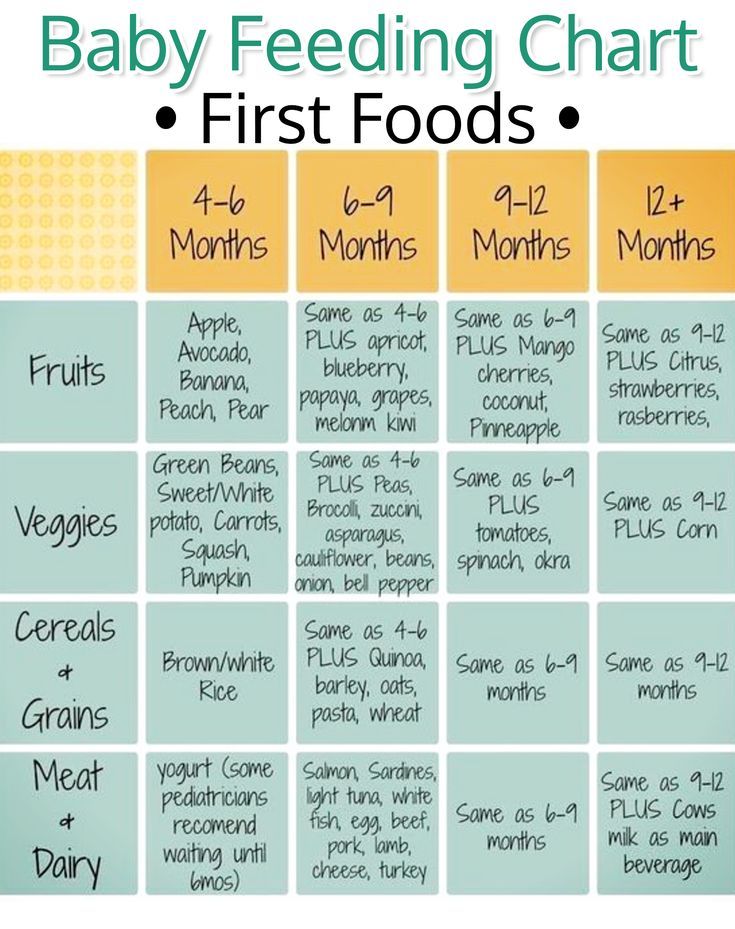 the thing is that my daughter drinks compote from me, which I have been harvesting since the summer. And she swallows cherries (of course, pitted) almost without chewing (she is 1.1 months old) And when she poops, the cherries fly out without being digested in the tummy. I don't even know if I should see a doctor. Can you tell me something?
the thing is that my daughter drinks compote from me, which I have been harvesting since the summer. And she swallows cherries (of course, pitted) almost without chewing (she is 1.1 months old) And when she poops, the cherries fly out without being digested in the tummy. I don't even know if I should see a doctor. Can you tell me something?
Food is not digested... What should I do?
Complain
February 10, 2014 08:40 am at Personal Journal
Girls, we have a couple of upper teeth. Additionally, for 2 days the child poops often and undigested food comes out. These two days we eat borscht, we crush the components with a fork, these pieces come back and come out. Eating an apple, same thing. There are only 4 teeth (2 each), there is nothing special to chew on. There is no temperature and diarrhea, capricious, but when you anoint the teeth, everything immediately becomes normal. There is also a small rash on the legs, but it does not increase, it just exists, so to speak. What could it be and what to do about it?
What could it be and what to do about it?
Food is not digested (about the child's stool)
Complain
19 November 2014 21:00 at Personal journal
In general, today my child has gone nowhere further. At first I was scared about the white stool, now I think that it was undigested breast milk or rice porridge or Smecta. Smecta was no longer given. In the evening we ate oatmeal on the water, it also came out in 15-20 minutes. But the chair is not white, namely oatmeal. Oh ... I fell asleep normally while sleeping. It turns out some kind of indigestion or what? .. Food is not digested. Lord, then one thing, then another ....
0 7494Food is not digested
Complain
April 6, 2015 14:46 at From birth he suffers from stomachache, sleeps badly, constant gas and fetid diarrhoea. put LN, gave the enzyme lactase, did not help. completed breastfeeding, dairy-free diet - still terrible. Recently, undigested fiber, muscle fibers, extracellular starch - all in large quantities - were passed scatology again, only Candida for sowing. According to the ultrasound, all the organs are in order, only a large accumulation of gases in the intestines. The doctor prescribed Enterol, Pangrol, Espumizan. It helped for 2 weeks, I passed scatology in dynamics - it got better. But then (I still continue to give enzymes plus Bifiform) everything returned to normal and another scatology again showed a bunch of everything undigested, and the child was worried ...
Recently, undigested fiber, muscle fibers, extracellular starch - all in large quantities - were passed scatology again, only Candida for sowing. According to the ultrasound, all the organs are in order, only a large accumulation of gases in the intestines. The doctor prescribed Enterol, Pangrol, Espumizan. It helped for 2 weeks, I passed scatology in dynamics - it got better. But then (I still continue to give enzymes plus Bifiform) everything returned to normal and another scatology again showed a bunch of everything undigested, and the child was worried ...
Food is not digested...
Complain
21 January 2021 20:21 at Personal Journal
Girls, hello everyone! Help advice. We are in the hospital with a baby, we are about 10 months old. She was admitted with a temperature of unknown etiology, and antibiotics were injected. They wrote in the diagnosis of SARS, although according to my observations, my son has problems with digestion, specifically, I think that the pancreas suffers. Have written out Linex and Mezim. Well, I pour Linex out of the capsule, dilute it with water and drink it. He winces, but swallows. But Mezim ... How to give 1/3 of a tablet ??? To sense it, I dilute it with water, but the child has an urge to vomit and the instructions say: crushing is not desirable, the enzymes in the composition can corrode the oral mucosa ... Damn ... What to do ???
Have written out Linex and Mezim. Well, I pour Linex out of the capsule, dilute it with water and drink it. He winces, but swallows. But Mezim ... How to give 1/3 of a tablet ??? To sense it, I dilute it with water, but the child has an urge to vomit and the instructions say: crushing is not desirable, the enzymes in the composition can corrode the oral mucosa ... Damn ... What to do ???
If the child does not eat
Complain
February 4, 2016 13:31 at Personal journal
let's try to figure out what problems can deprive a child of appetite He is thin, all in the parents. And he doesn't need a lot of food. WHAT TO DO: Watch your weight, consult your pediatrician and try to “invest” all the necessary vitamins in that small amount of food. REASON 2 Protest. The most common reason. Even adults express their protest by hunger strike. The subtext is simple - I will die if you do not do what I want. Children have similar blackmail - pay attention to me! But the reasons for the protest may already be different: - The child attracts attention.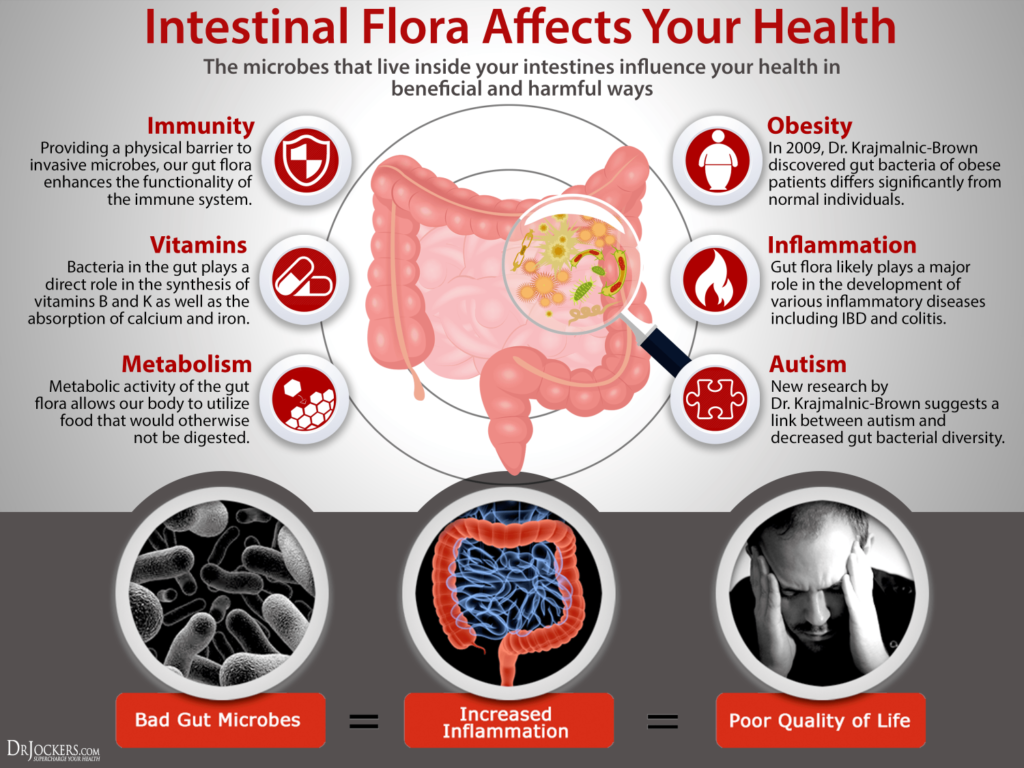 Perhaps the situation in the family is not easy - mom and dad are arguing, or divorce, or parents are all ...
Perhaps the situation in the family is not easy - mom and dad are arguing, or divorce, or parents are all ...
9 reasons why a child does not want to eat. An article from the Internet.
Complain
August 20, 2016 00:33 am at Personal Journal Are you afraid or just don't like it? Protests or never been hungry? We are figuring out with a psychologist why children may not have an appetite “A spoon for mom, a spoon for dad ... Eat porridge, otherwise you won’t grow up ... If you don’t eat, we won’t let you watch a cartoon ...” With persuasion, threats, tricks, with songs and dances, parents try feed your little ones. Studies show that 20 to 60 percent of preschool and school-age children have nutritional problems. More than half of 4-5-year-olds are considered small-toddlers, and among nine-year-olds, 48 percent of children do not eat well. Eating problems in childhood can lead to growth failure, eating disorders, and it’s difficult .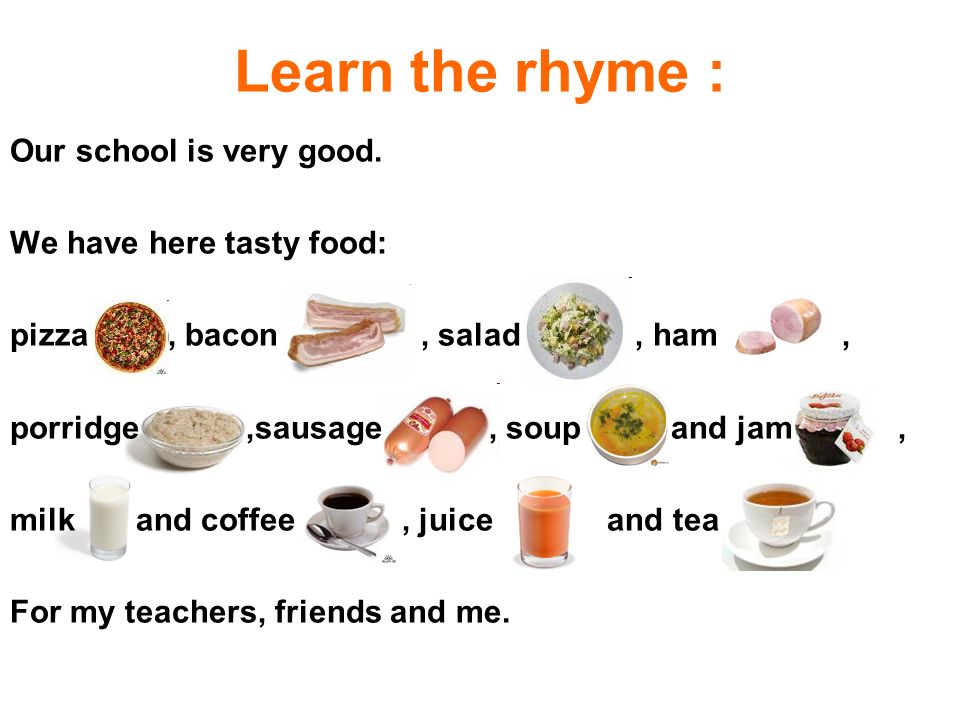 ..
..
I don't insist! Food is better…
Complain
24 December 2011 20:00 at Personal Journal
I don't insist! Food is better digested if it is eaten with pleasure. And stuffing it into a baby is wasting your nerves and his.
0 0261Food is not digested in a child My son is 5.5 years old. About six months ago, my son was twisted, checked, they said the food is not digested, it is not really digested. They prescribed Creon, Motillium, Holosal. But it only helped temporarily. The son eats even if a lot, then it almost immediately goes to the toilet. Slender. My appetite is also bad, I mostly want to eat dry food, but I always give soups for lunch, through force. What else can be checked or given? All examinations seem to have passed
0 12233I give up. 2 days the child did not eat!!
Complain
May 30, 2013 19:12 at Personal Journal
In general, I can't stand it and stop "starving" the child (19 months). More precisely, give the food that the doctors want, and which the daughter basically does not eat. Those. solid food, not liquid. Here is my previous post: www.baby.ru/blogs/post/16
More precisely, give the food that the doctors want, and which the daughter basically does not eat. Those. solid food, not liquid. Here is my previous post: www.baby.ru/blogs/post/16
18-27446843/ I ate almost nothing for two days. Bread, cookies still sucks sometimes, but does not eat. From cold, slippery and wet pieces: fruits, vegetables, ham, meatballs, chicken ... generally rushes to escape as if from misfortune. For two days I tried to give her porridge with lumps, i.e. do not thresh: buckwheat, millet, soups with tiny pasta... Do not eat!!! Don't chew!!! None!!! I see her dying of hunger, but she won't eat!!! Today in the morning on the 3rd hungry day ...
0 11885Why you should not supplement your child
Complain
December 9, 2009 09:19 at not here." For the normal functioning of the body, an adult needs to drink about 2 liters of water per day. Until quite recently, no one doubted that a newborn baby, in addition to breast milk, also needs to be supplemented with water. Many pediatricians still advise giving babies about 100 ml of water daily to avoid dehydration. However, at present, the World Health Organization and the UNICEF International Children's Fund insist on the absence of supplementation and the introduction of any foreign liquids and products before the child reaches the age of 6 months. What are the reasons for ...
Many pediatricians still advise giving babies about 100 ml of water daily to avoid dehydration. However, at present, the World Health Organization and the UNICEF International Children's Fund insist on the absence of supplementation and the introduction of any foreign liquids and products before the child reaches the age of 6 months. What are the reasons for ...
Why a baby does not need water
Complain
December 17, 2011 19:00 at not here." For the normal functioning of the body, an adult needs to drink about 2 liters of water per day. Until quite recently, no one doubted that a newborn baby, in addition to breast milk, also needs to be supplemented with water. Many pediatricians still advise giving babies about 100 ml of water daily to avoid dehydration. However, at present, the World Health Organization and the UNICEF International Children's Fund insist on the absence of supplementation and the introduction of any foreign liquids and products before the child reaches the age of 6 months. What are the reasons for ...
What are the reasons for ...
The child often wakes up at night
Complain
22 December 2014 03:17 at Personal journal
How to teach him to fall asleep in his own crib? Why is he crying? Phases of sleep During sleep, various mental and physical processes take place in the human body: the information that a person received during the day is processed and stored in memory, cells grow and divide, and harmful toxins are removed from the human body. Human sleep is divided into phases: drowsiness, shallow sleep, deep sleep, REM sleep (when dreams are dreamed). Child's sleep For the first days and months of his life, the baby can sleep up to 18 hours a day, waking up only to satisfy the feeling of hunger. Gradually, your baby grows and his sleep duration decreases. By six months, a baby has enough sleep for 14 hours ...
0 628698Tell me!!!
Complain
12 April 2011 09:58 at Personal journal The child does not digest food.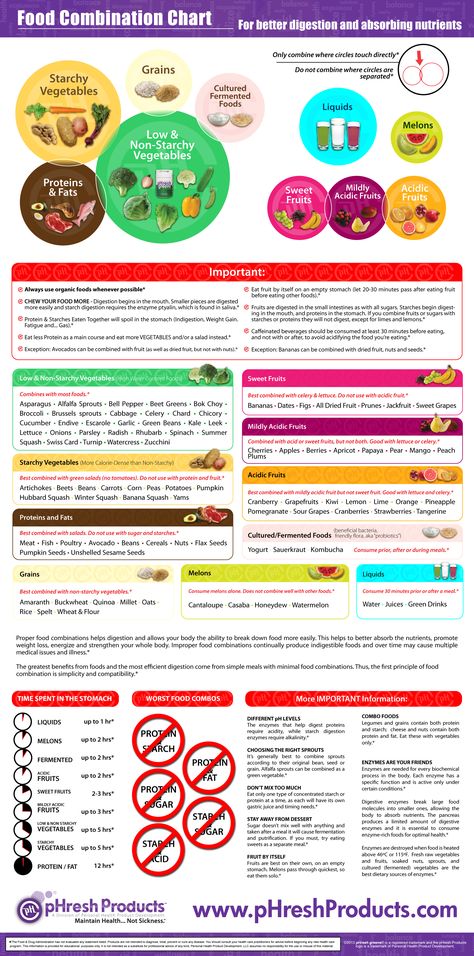 She introduced complementary foods, ate with pleasure: both cereals, and mashed potatoes - fruits, and vegetables, and meats, juices, cottage cheese .... It started a few days ago. She doesn’t sleep well at night, eats milk every hour or two (she tried to cheat with water - she couldn’t) - her tummy hurts .... And today she pooped undigested food, although yesterday she ate little complementary foods. Milk is also not digested - there are lumps. What to do? Which doctor should I go to? Made an appointment with the pediatrician for Thursday. Maybe an ultrasound? And today I decided not to give anything from complementary foods - maybe I give a lot ???? But she eats...
She introduced complementary foods, ate with pleasure: both cereals, and mashed potatoes - fruits, and vegetables, and meats, juices, cottage cheese .... It started a few days ago. She doesn’t sleep well at night, eats milk every hour or two (she tried to cheat with water - she couldn’t) - her tummy hurts .... And today she pooped undigested food, although yesterday she ate little complementary foods. Milk is also not digested - there are lumps. What to do? Which doctor should I go to? Made an appointment with the pediatrician for Thursday. Maybe an ultrasound? And today I decided not to give anything from complementary foods - maybe I give a lot ???? But she eats...
Food is not digested well in a child
Complain
February 26, 2014 01:15 at Personal journal
Girls, I need an opinion and advice. We are 1.2 years old, from the very beginning of complementary foods, I noticed that food that is digested poorly in pieces and comes out in the same pieces, i.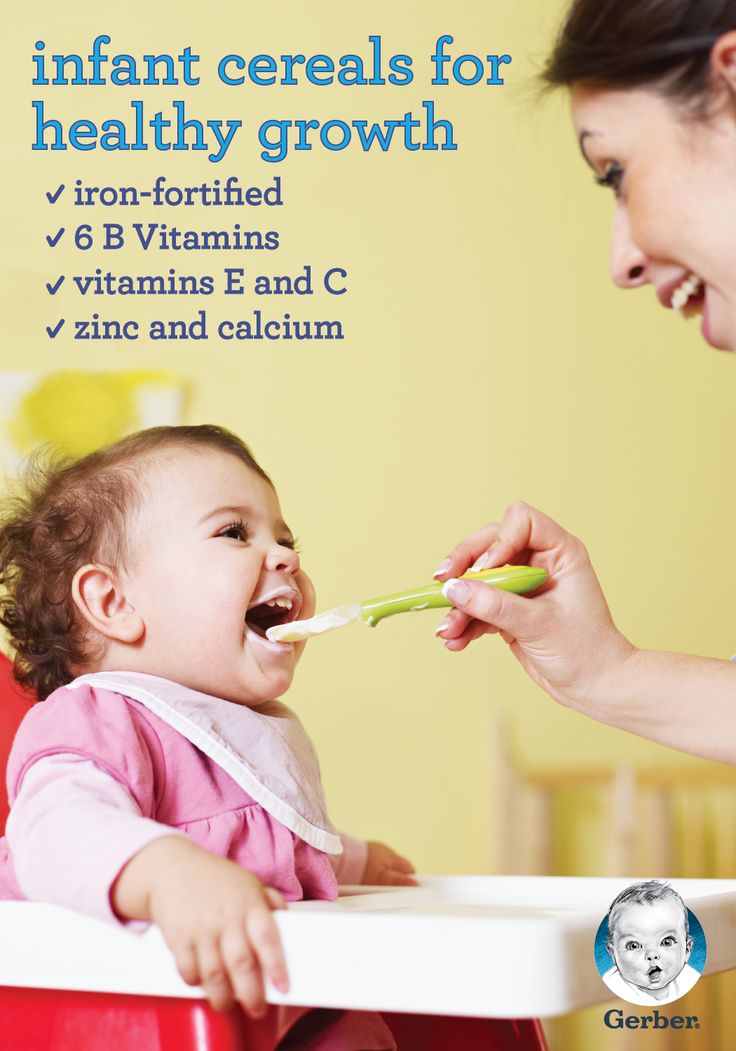 e. pieces of carrots (boiled), lentils, tangerines, etc. At first, I thought that it was still small and not enough enzymes, but something all this dragged on. At 5 months, we were treated for dysbac (as the doctor said, we have dermatitis from it), but the treatment didn’t help a bit, to this day we are covered with spots and, most importantly, I can’t find the cause !!! Today I thought and came to the conclusion that the constant exacerbation of our atopic dermatitis may be due to poor digestion of food! On the other hand, you can…
e. pieces of carrots (boiled), lentils, tangerines, etc. At first, I thought that it was still small and not enough enzymes, but something all this dragged on. At 5 months, we were treated for dysbac (as the doctor said, we have dermatitis from it), but the treatment didn’t help a bit, to this day we are covered with spots and, most importantly, I can’t find the cause !!! Today I thought and came to the conclusion that the constant exacerbation of our atopic dermatitis may be due to poor digestion of food! On the other hand, you can…
I don’t understand whether the child has diarrhea or the food is not digested, please come in
Complain
November 30, 2012 12:23 at the day is already pooping liquid, not just diarrhea, but liquid food or something. He is almost 3 years old, I don’t know what to sin on, in the garden I picked up something or after tetracycline ointment I treated him with conjunctivitis. What tests to pass, what can now be given to improve the chair, well, like Linex or Bifiform? What could it be, did your children “bring” diarrhea from the garden? Damn this garden, I'm in shock, I'm silent about orvi, I already had conjunctivitis, now I have diarrhea, what will happen next
0 31070A small child: well, how to feed him! And is it necessary?
Complain
September 8, 2014 21:01 at Personal Journal
Once upon a time, people's lives were much more subject to rituals. Everyone got up at about the same time, had breakfast with the whole family, and in the evening they had dinner together. In the modern world, it is more difficult for children to get used to the regime, because they see few examples before their eyes. It is very difficult to teach a child to eat right if he does not see how his idols - mom and dad - eat decorously together. And, mind you, from the plates. Let's complicate the task: they eat from plates at the table. Not standing, not hiding in the corners, as if doing something indecent, not in front of a computer or TV. In a family where everyone eats breakfast and dinner in an incomprehensible way, it is strange to expect a child to be imbued with the importance of eating porridge. To educate a person is a task ...
Everyone got up at about the same time, had breakfast with the whole family, and in the evening they had dinner together. In the modern world, it is more difficult for children to get used to the regime, because they see few examples before their eyes. It is very difficult to teach a child to eat right if he does not see how his idols - mom and dad - eat decorously together. And, mind you, from the plates. Let's complicate the task: they eat from plates at the table. Not standing, not hiding in the corners, as if doing something indecent, not in front of a computer or TV. In a family where everyone eats breakfast and dinner in an incomprehensible way, it is strange to expect a child to be imbued with the importance of eating porridge. To educate a person is a task ...
Study of the child of the child
Complain
April 16, 2014 19:35 In Personal journal 9000 information can be obtained from observation of the stool. Color, texture, consistency, and other "properties" can give clues as to what's going on with digestion. This article is intended to help parents with the work of "stool detectives" and is provided as a guide only. A visual inspection of the stool alone cannot diagnose everything. There are usually other symptoms as well. Consult professionals for further research. Keep in mind that what comes out on one day may be the result of what happened the previous day due to the transit time through the intestines. Very dark…
Color, texture, consistency, and other "properties" can give clues as to what's going on with digestion. This article is intended to help parents with the work of "stool detectives" and is provided as a guide only. A visual inspection of the stool alone cannot diagnose everything. There are usually other symptoms as well. Consult professionals for further research. Keep in mind that what comes out on one day may be the result of what happened the previous day due to the transit time through the intestines. Very dark…
Very good article about the nutrition of a child at 1 year old! I share with you! (maybe someone has already seen it)
Complain
July 7, 2015 15:46 at table with mom and dad, but still there are features in his diet that parents should not forget about. Firstly, not all products can be included in the child's menu a year; and secondly, there are some nuances in the process of cooking. Breastfeeding  The ideal time for breastfeeding for one-year-olds is between 4-8 am.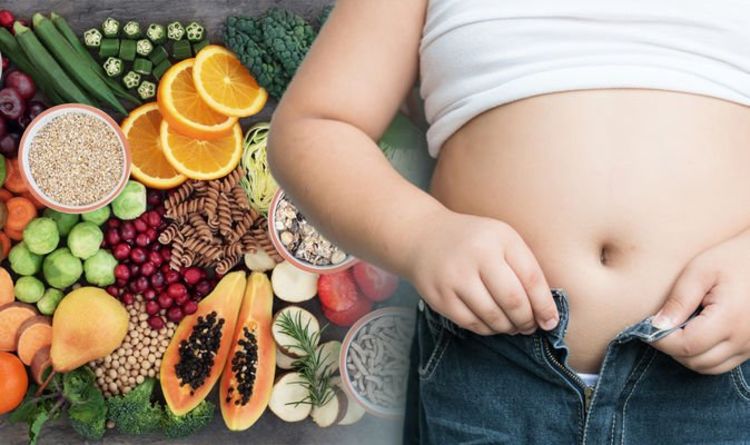 If the baby is still breastfeeding, it should not be abruptly stopped just because the baby is already receiving adult food. At this age, the baby is infrequently applied to the breast, ideal ...
If the baby is still breastfeeding, it should not be abruptly stopped just because the baby is already receiving adult food. At this age, the baby is infrequently applied to the breast, ideal ...
Healthy nutrition for babies from one to three years old and what foods and in what quantities a child needs at this age.
Complain Every year, the diet of the child is getting closer and closer to the adult. Already a year after birth, the digestive system becomes much more mature, motor and cognitive activity and energy consumption increase markedly. However, the digestive functions of the stomach, intestines, liver and pancreas at this time have not yet reached full maturity. It is often at this age that various chronic diseases of the digestive system in children originate, their general physical development is disturbed, and their ability to learn is reduced. Therefore, parents need to pay special attention to the quantity, quality, composition of nutrition, and the mode of eating. Volume and…
Volume and…
Healthy nutrition for babies from one to three years old and what foods and in what quantities a child needs at this age.
Complain
September 17, 2011 00:06 at Health and nutrition of a child from one to three years old Every year, the diet of the child is getting closer and closer to the adult. Already a year after birth, the digestive system becomes much more mature, motor and cognitive activity and energy consumption increase markedly. However, the digestive functions of the stomach, intestines, liver and pancreas at this time have not yet reached full maturity. It is often at this age that various chronic diseases of the digestive system in children originate, their general physical development is disturbed, and their ability to learn is reduced. Therefore, parents need to pay special attention to the quantity, quality, composition of nutrition, and the mode of eating. Volume and…
0 410040Baby's menu after a year
Complain
December 23, 2012 01:22 at Personal journal
The basis of the child's menu at 1 year The main menu is still milk and dairy products.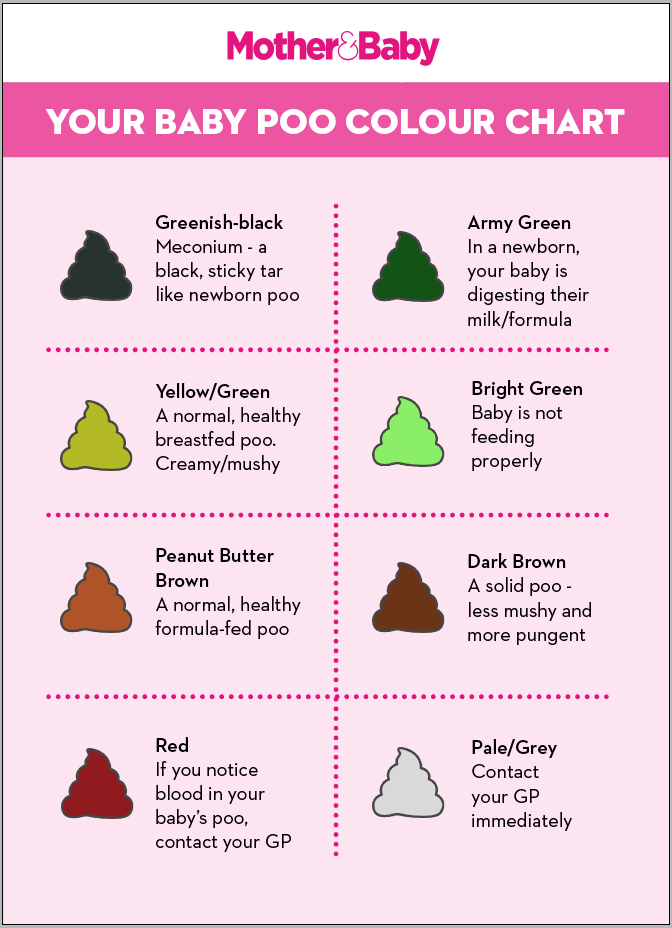 The baby can still be breastfed and, in addition, receive yogurt, sour cream, cottage cheese, cheese, kefir, cow's milk. It is best if dairy products are specialized for children, they contain less harmful fats and preservatives. During the day, the child should eat about 1000-1200 gr. food. Thus, at breakfast, he will eat about 260 grams, at lunch - 360, at lunchtime - 220, at dinner - 360 grams. Protein food is mandatory for a small one, so the menu should include meat. It is best to use veal, lean beef and chicken. The meat must…
The baby can still be breastfed and, in addition, receive yogurt, sour cream, cottage cheese, cheese, kefir, cow's milk. It is best if dairy products are specialized for children, they contain less harmful fats and preservatives. During the day, the child should eat about 1000-1200 gr. food. Thus, at breakfast, he will eat about 260 grams, at lunch - 360, at lunchtime - 220, at dinner - 360 grams. Protein food is mandatory for a small one, so the menu should include meat. It is best to use veal, lean beef and chicken. The meat must…
Healthy nutrition for a child from one to three years old
Complain
26 March 2013 16:03 at Personal journal
Every mother dreams of her baby growing up healthy and happy. In many ways, the health of the child depends directly on nutrition. After a year, the child has already mastered many products of animal and vegetable origin. Every day, his diet expands due to the introduction of complementary foods, and by the age of two, in most cases, children switch to a common table.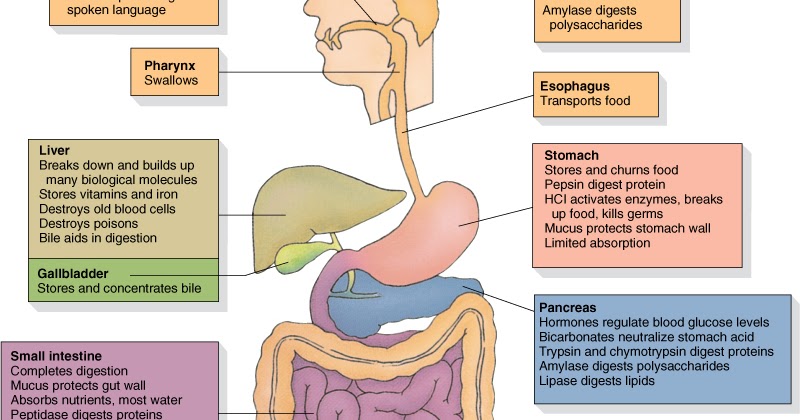 However, it is worth remembering that until the age of three, the digestive functions of the stomach, intestines, liver and pancreas have not yet reached full maturity. Therefore, parents need to pay special attention to the quantity, quality, composition of nutrition, and the mode of eating. What foods and in what quantities does a child need in ...
However, it is worth remembering that until the age of three, the digestive functions of the stomach, intestines, liver and pancreas have not yet reached full maturity. Therefore, parents need to pay special attention to the quantity, quality, composition of nutrition, and the mode of eating. What foods and in what quantities does a child need in ...
What foods and in what quantities does a child aged one to three years need.
Complain
October 7, 2020 15:51 at Personal Journal Already a year after birth, the digestive system becomes much more mature, motor and cognitive activity and energy consumption increase markedly. However, the digestive functions of the stomach, intestines, liver and pancreas at this time have not yet reached full maturity. It is often at this age that various chronic diseases of the digestive system in children originate, their general physical development is disturbed, and their ability to learn is reduced.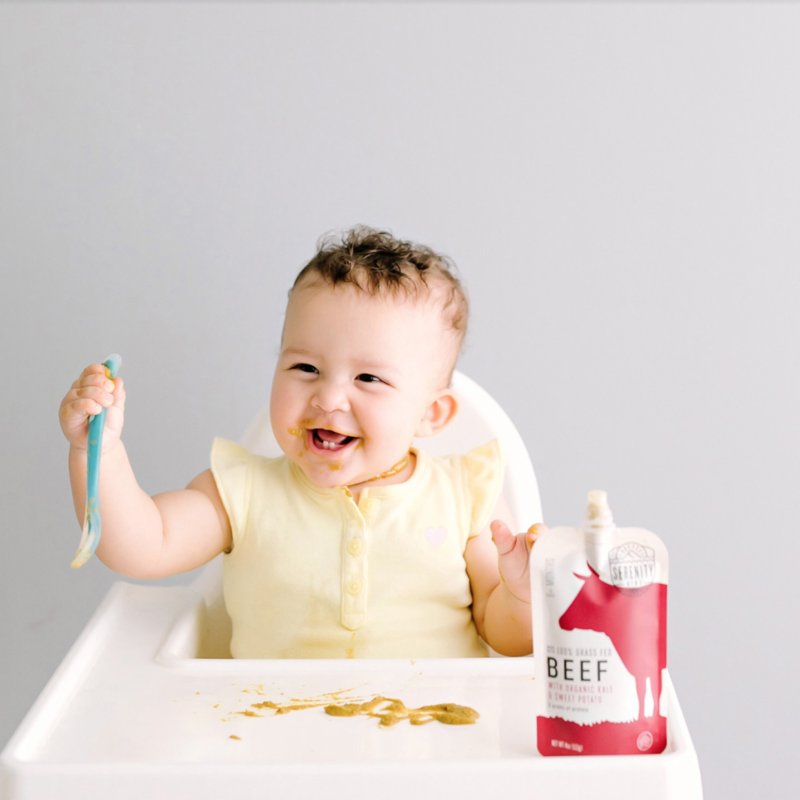 Therefore, parents need to pay special attention to the quantity, quality, composition of nutrition, and the mode of eating. How much food per day well…
Therefore, parents need to pay special attention to the quantity, quality, composition of nutrition, and the mode of eating. How much food per day well…
what kind of stool (poop) should a child have (photo + article)
Complain
August 15, 2011 22:29 at Often, inexperienced parents are very surprised to see the baby's bowel movements. No wonder, because they can vary so much in color and consistency that even an experienced parent has not come across all of them! Here are normal (and non-normal) options for growing, breastfed, bottle-fed, and those already introduced to complementary foods. There is no need to worry, but if, after removing the diaper from the child, you see something completely out of the ordinary, please call the doctor. So Meconium. It looks like a black-green viscous tar-like mass, similar to machine oil. Consists of amniotic fluid, mucus, dead cells - everything that ...
240 6631434603Article about the nutrition of a child from one to 3 years old
Complain what do you think? Previously, the standard phrase characterizing the diet of one-year-olds was this: "the child is being transferred to a common table. " Until now, it is pronounced, but interpreted in different ways. It would seem an idyllic picture: a child sits down at the table next to his dad, who has returned from work, and ... questions about the contents of his plate arise not less, but more. Do you really have to change the diet of the whole family to please the child? And what to do if the child is still breastfeeding in full, not intending to join any such “table”. We distinguish two main situations: 1. The child eats little, prefers ...
" Until now, it is pronounced, but interpreted in different ways. It would seem an idyllic picture: a child sits down at the table next to his dad, who has returned from work, and ... questions about the contents of his plate arise not less, but more. Do you really have to change the diet of the whole family to please the child? And what to do if the child is still breastfeeding in full, not intending to join any such “table”. We distinguish two main situations: 1. The child eats little, prefers ...
Article about the nutrition of a child from one to three years old
Complain
September 7, 2011 13:46 at Health and nutrition of a child from one to three years old
and learned a lot. Let's discuss, what do you think? Previously, the standard phrase characterizing the diet of one-year-olds was this: "the child is being transferred to a common table." Until now, it is pronounced, but interpreted in different ways.